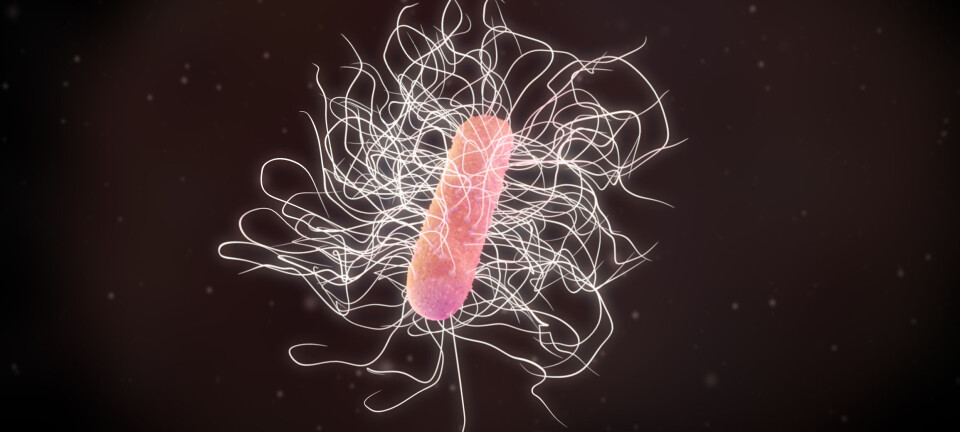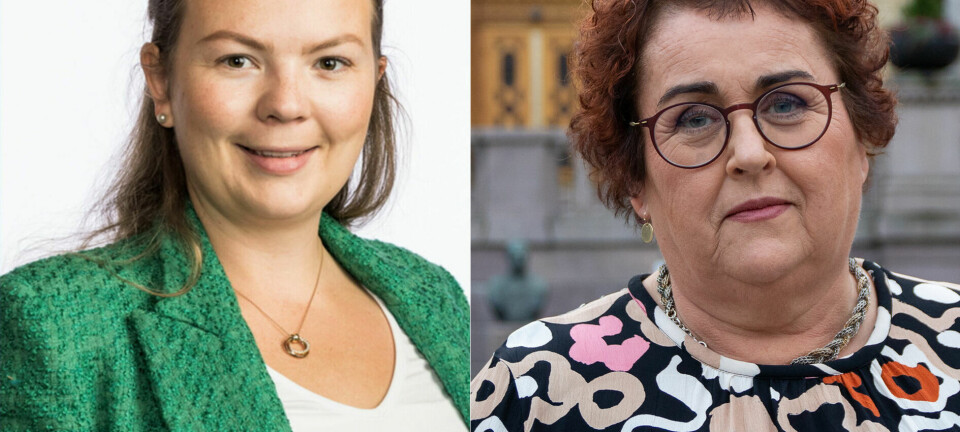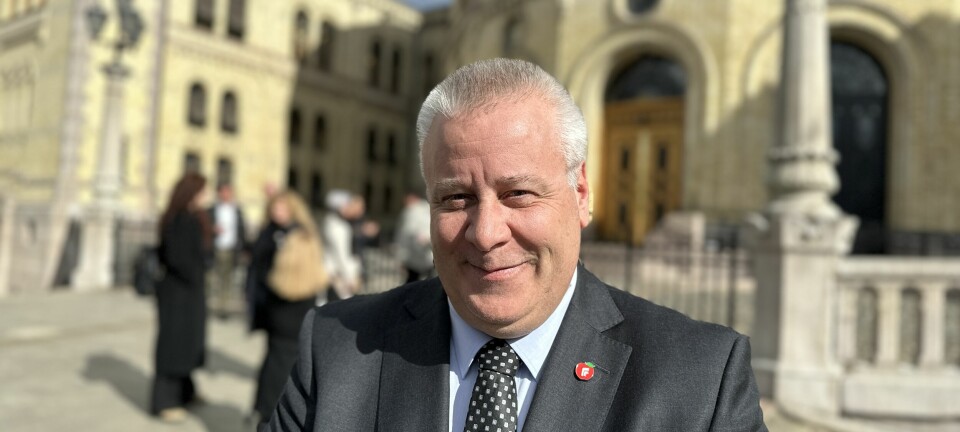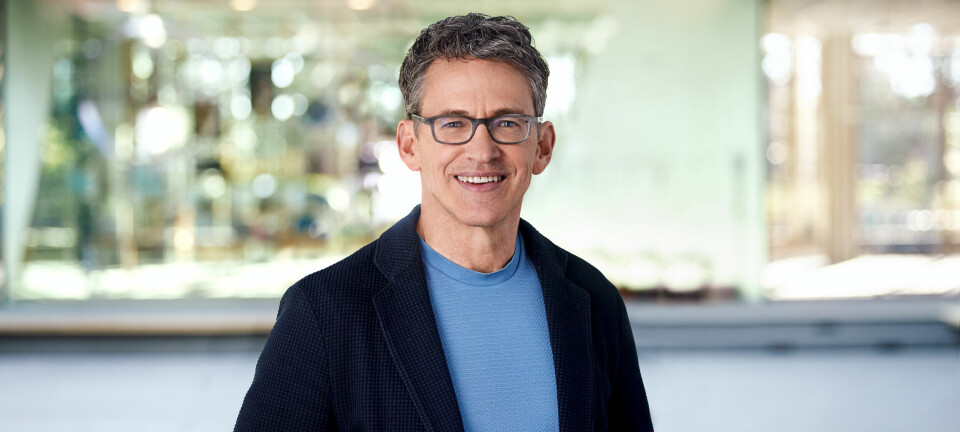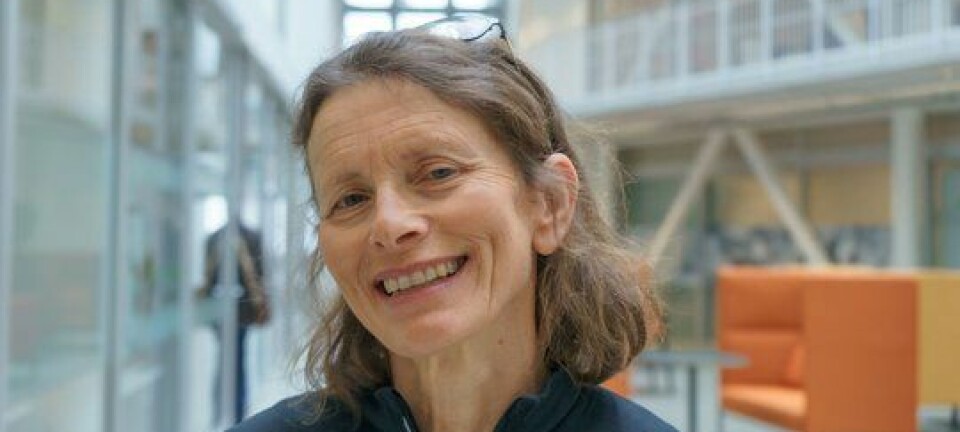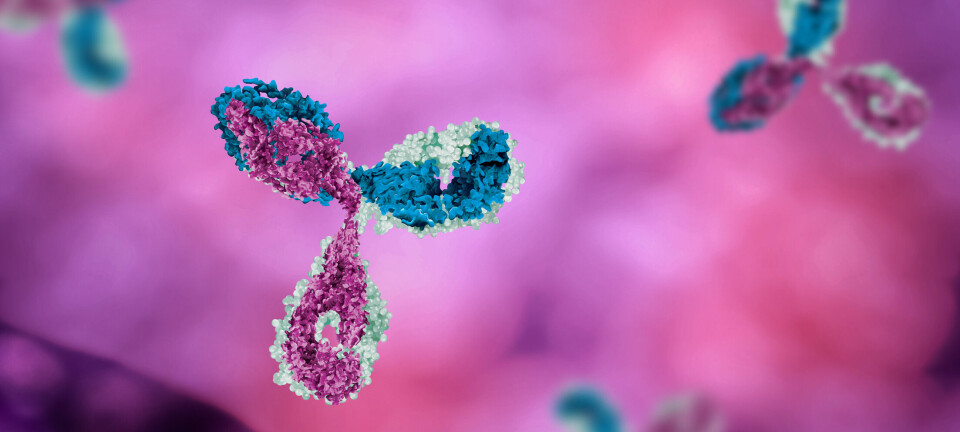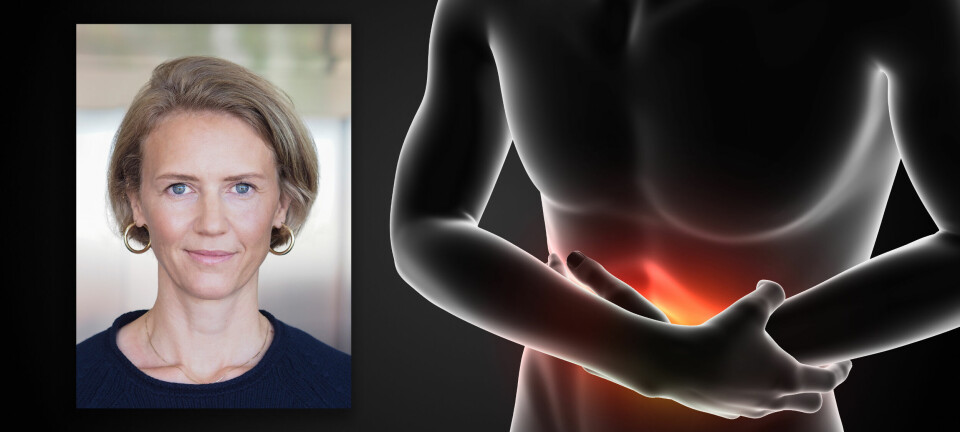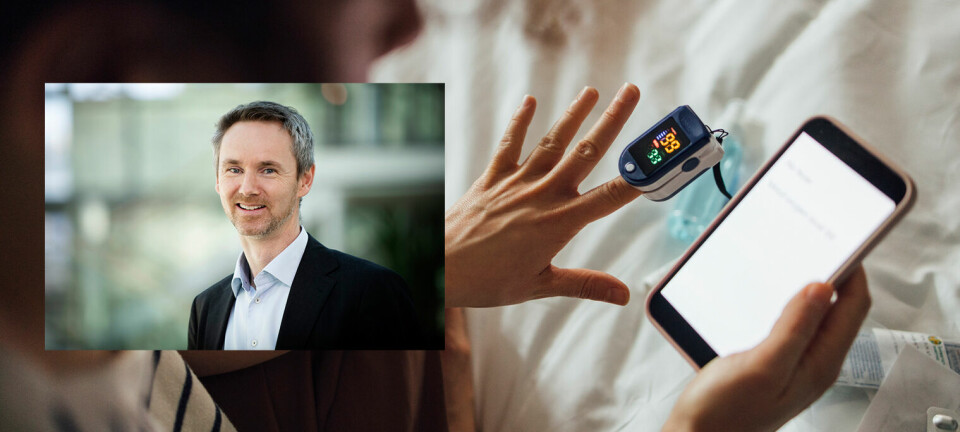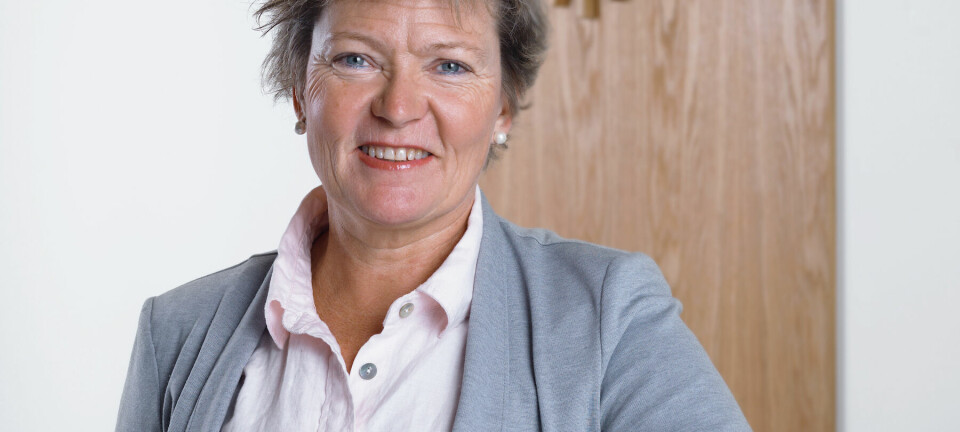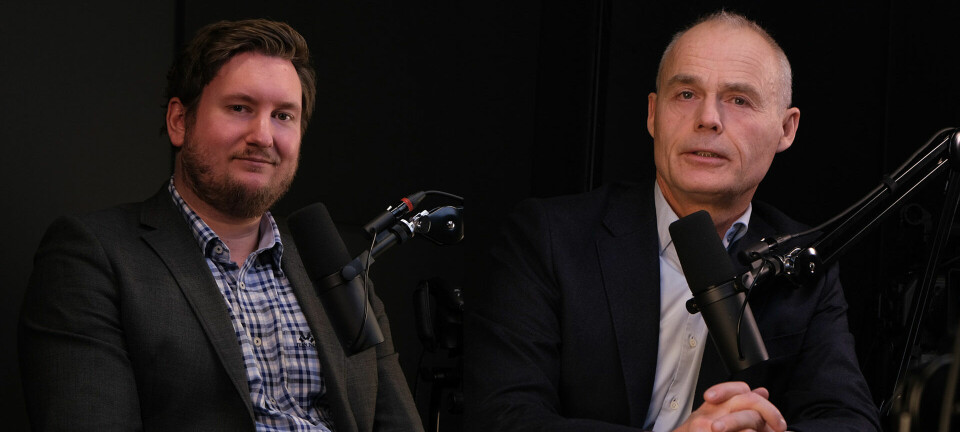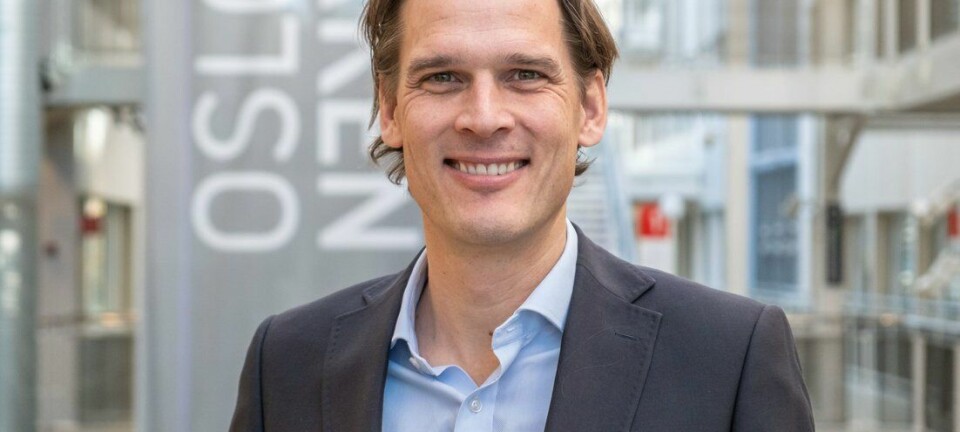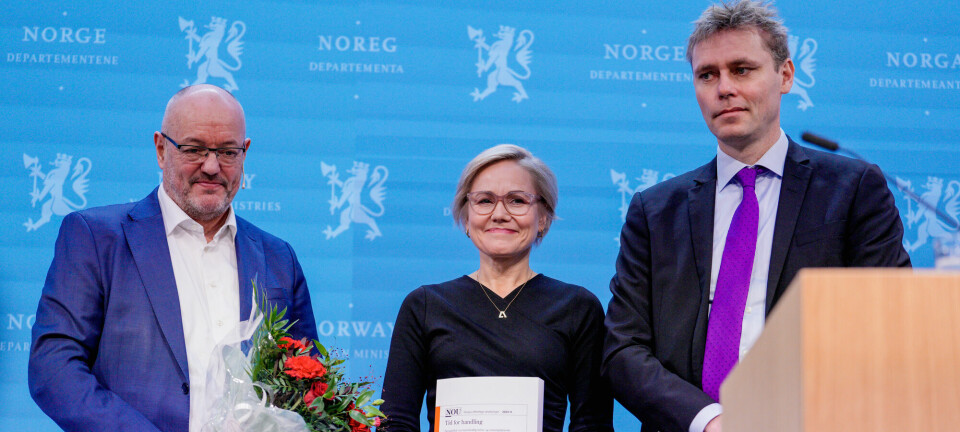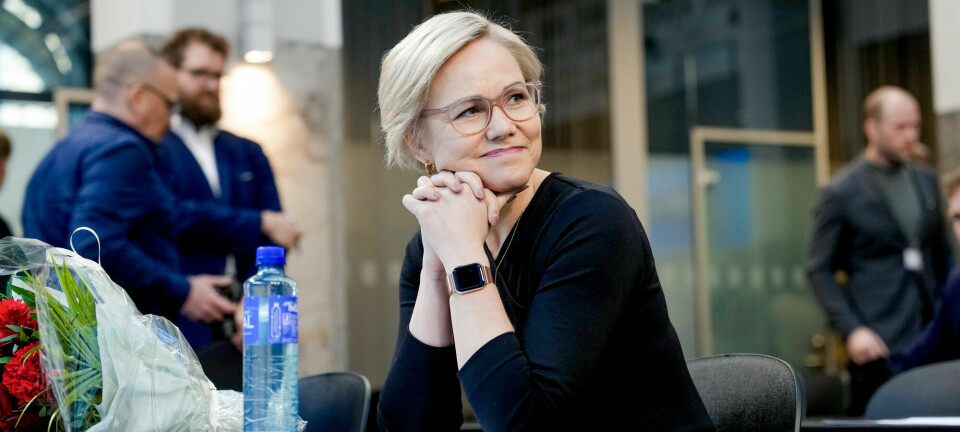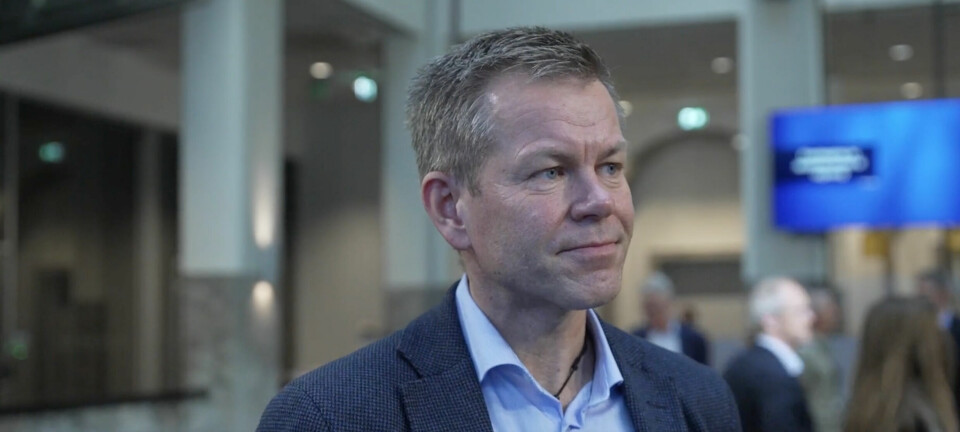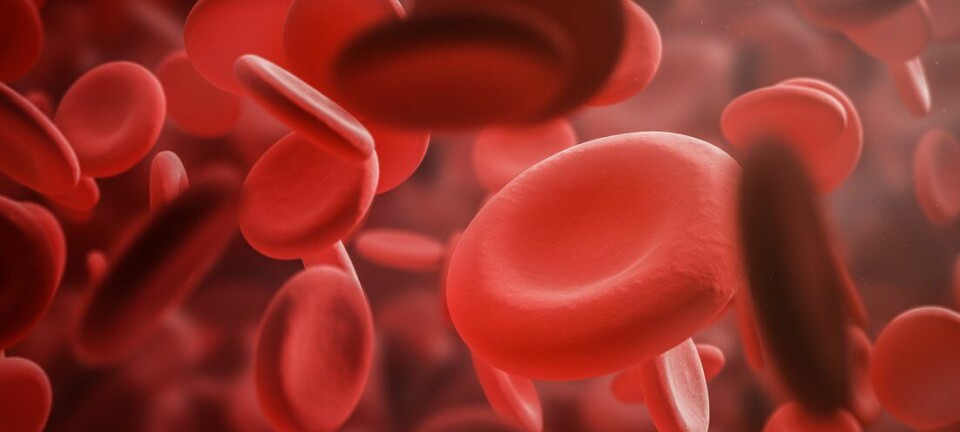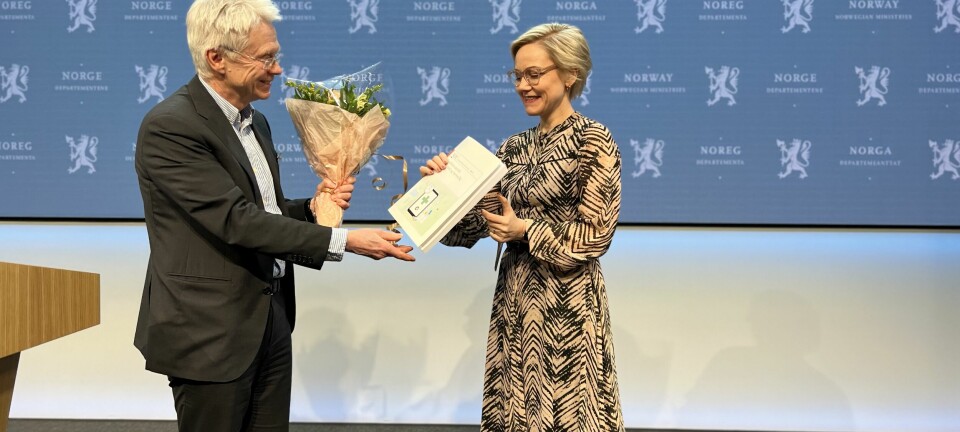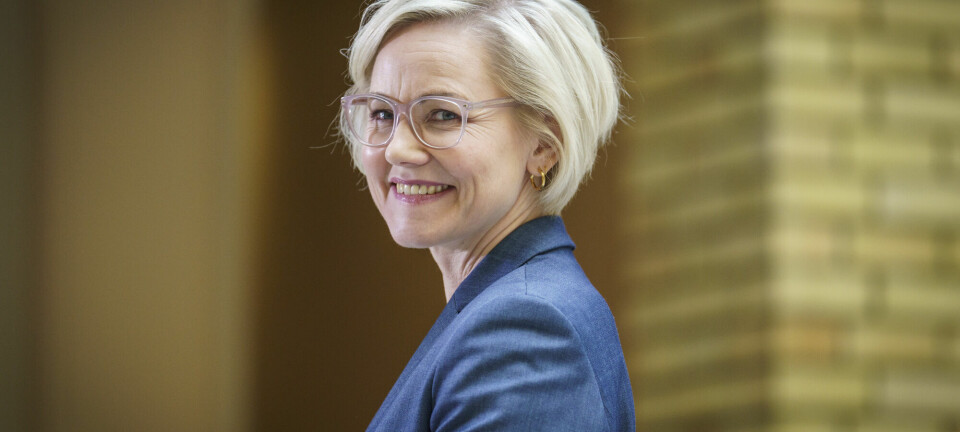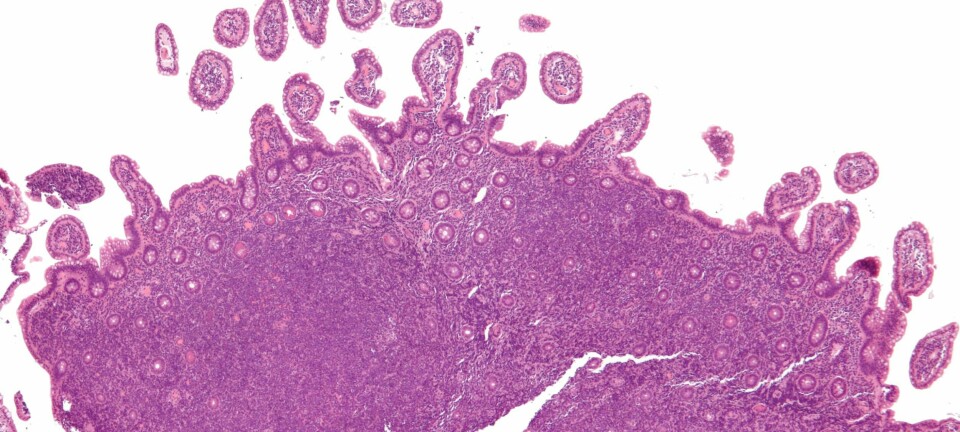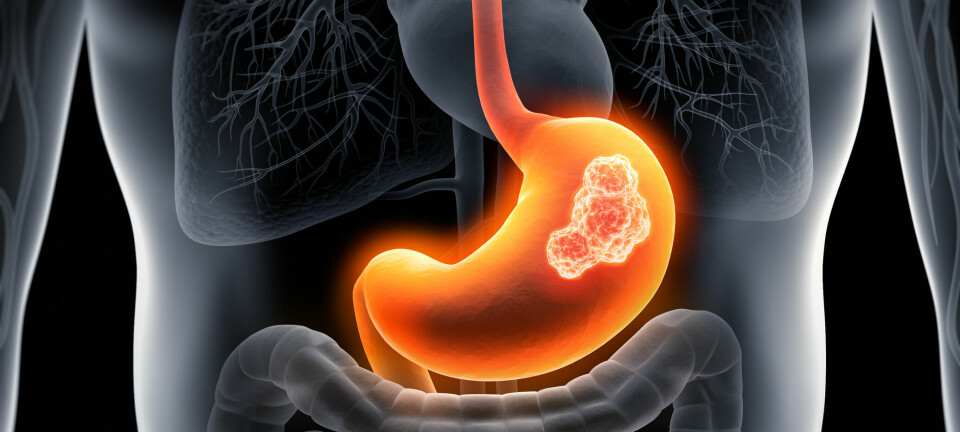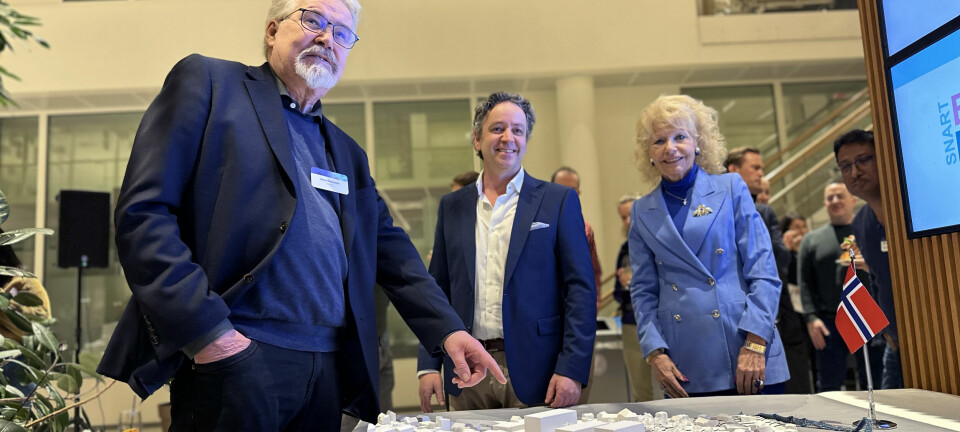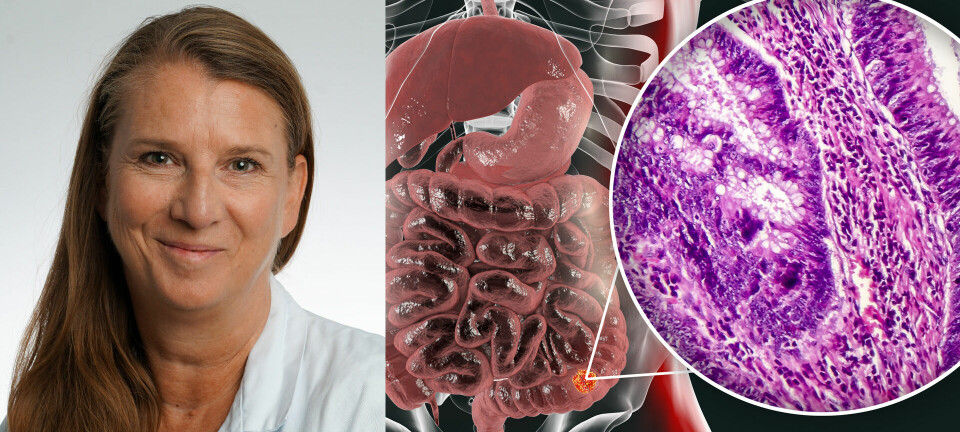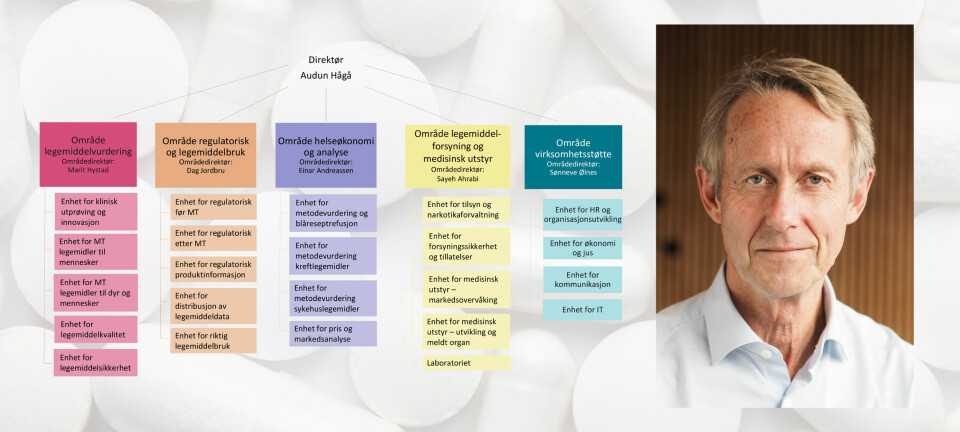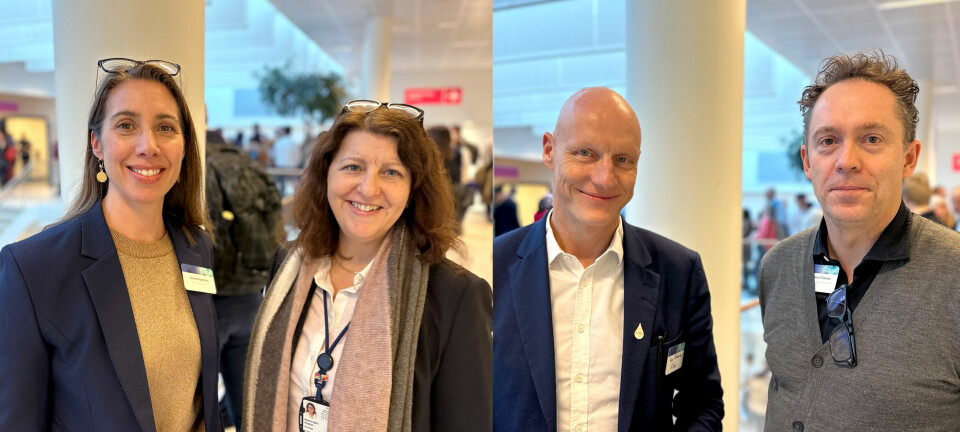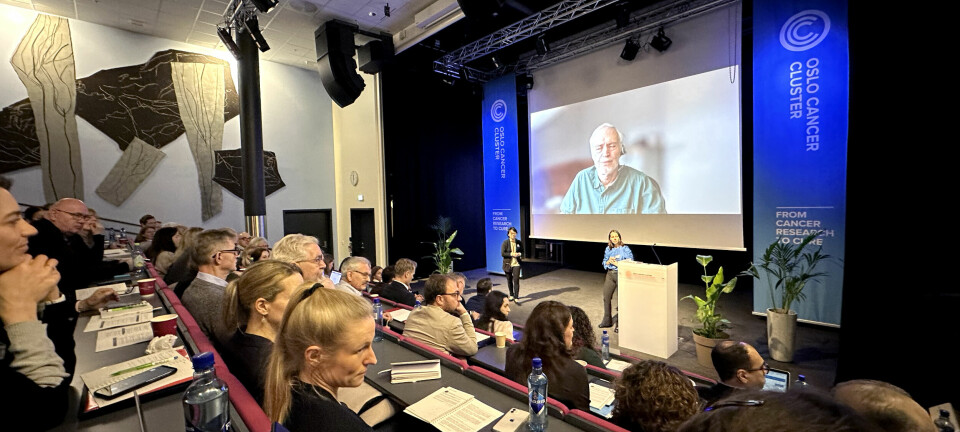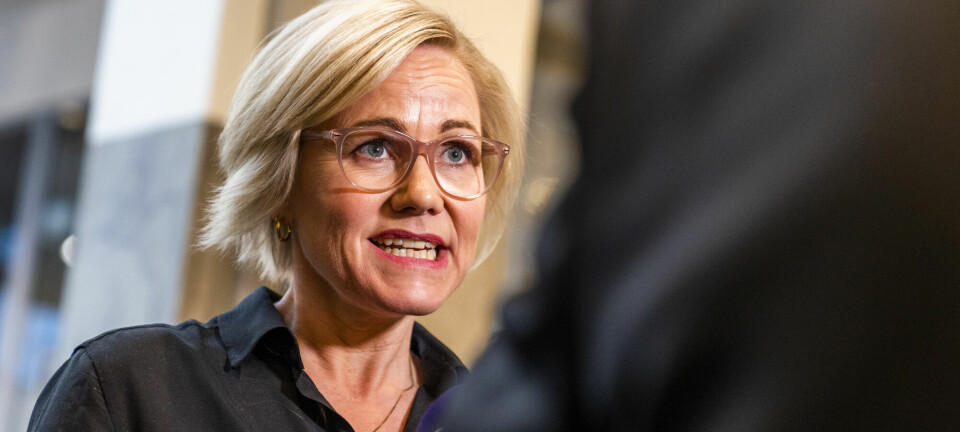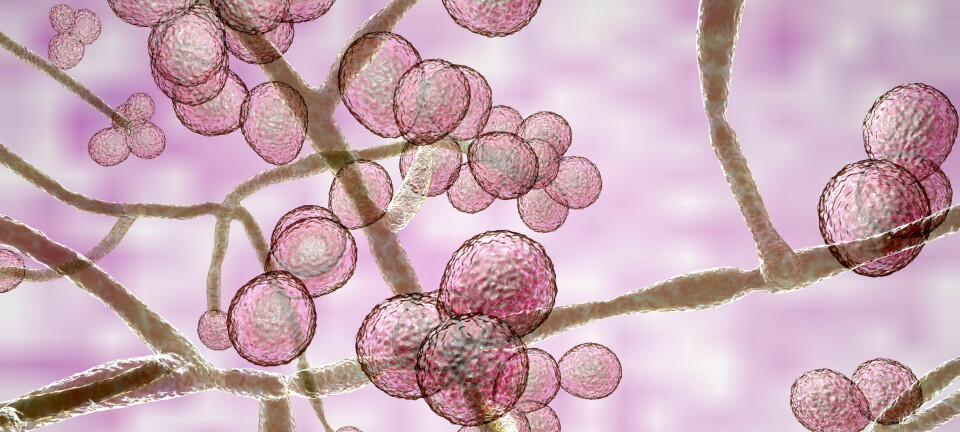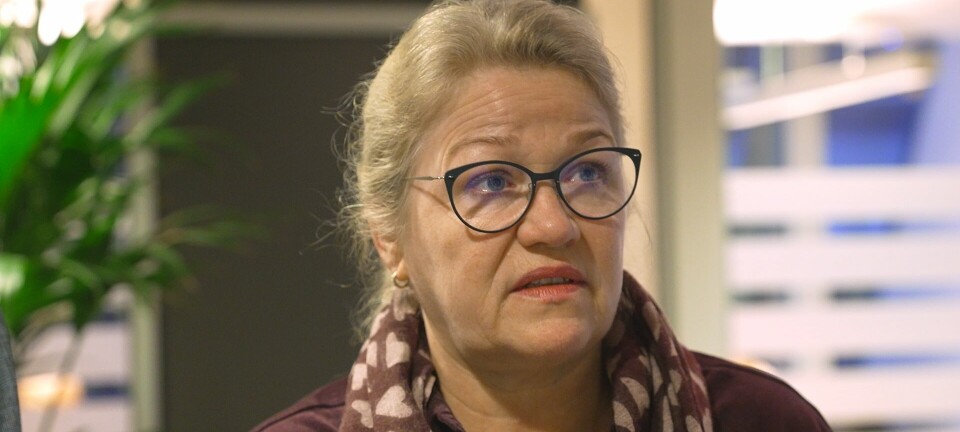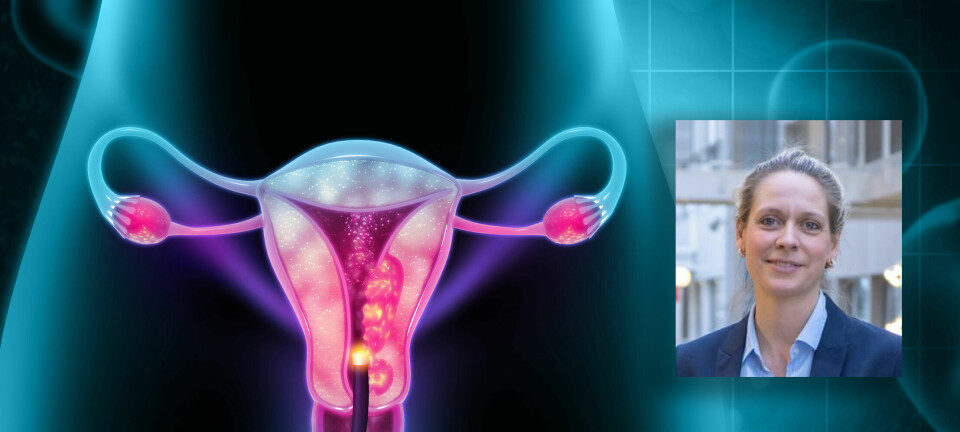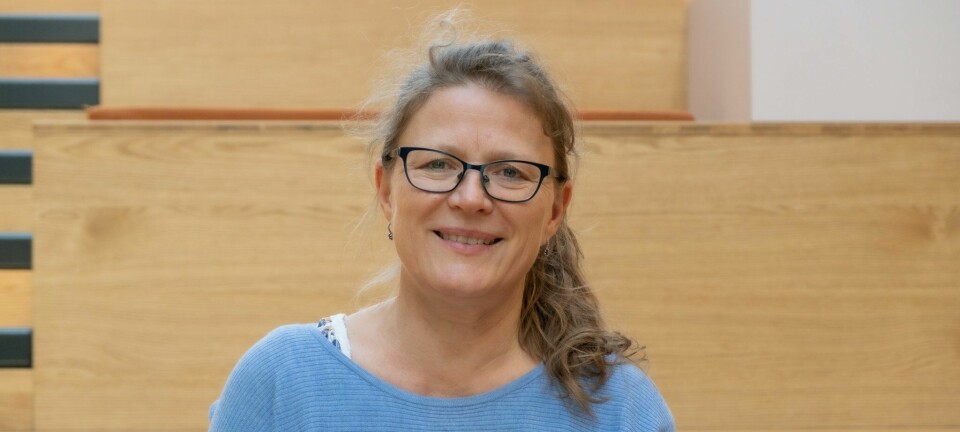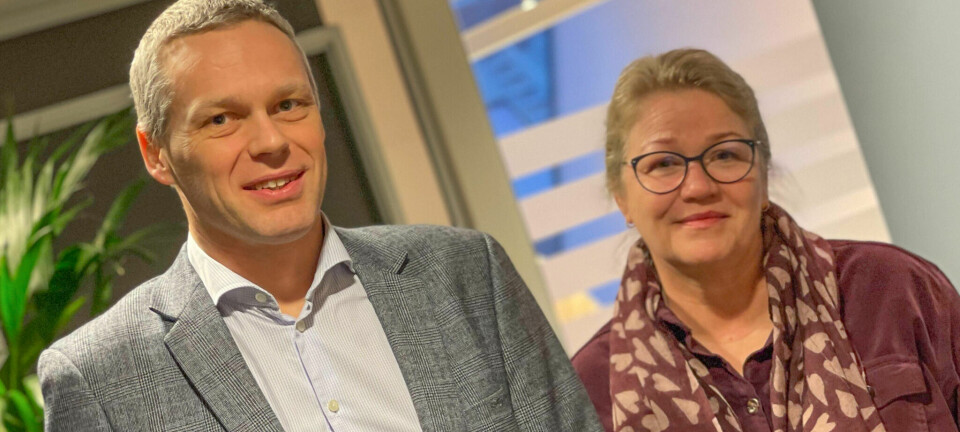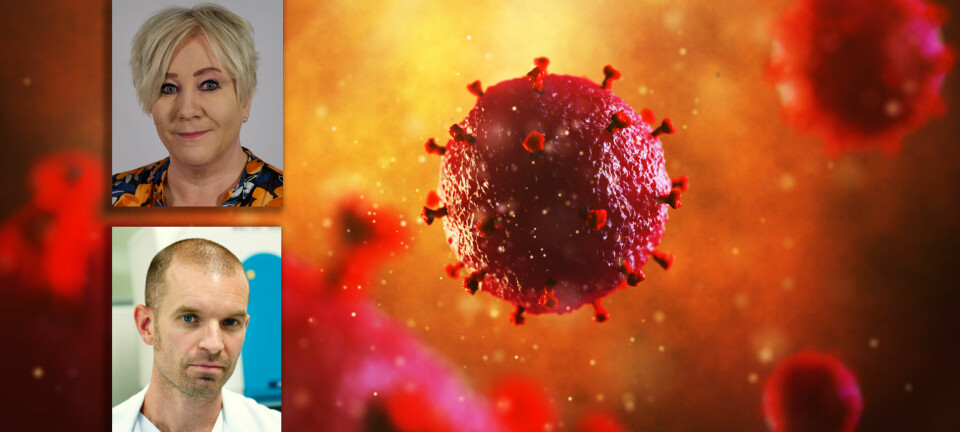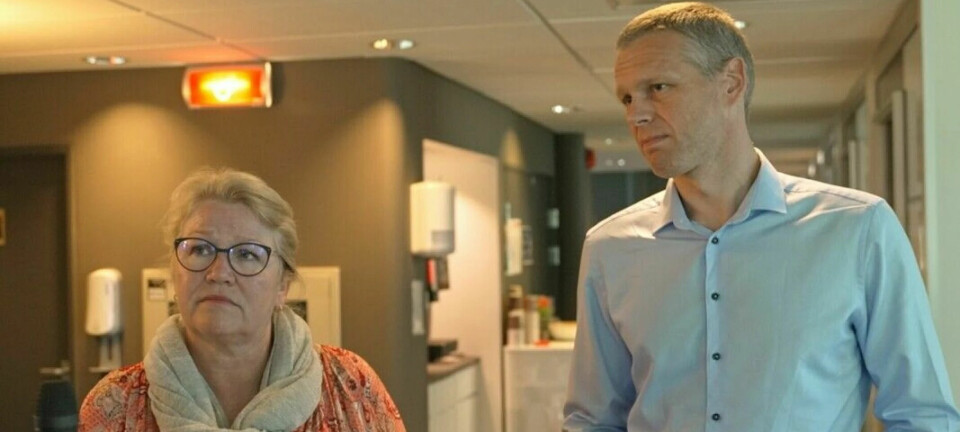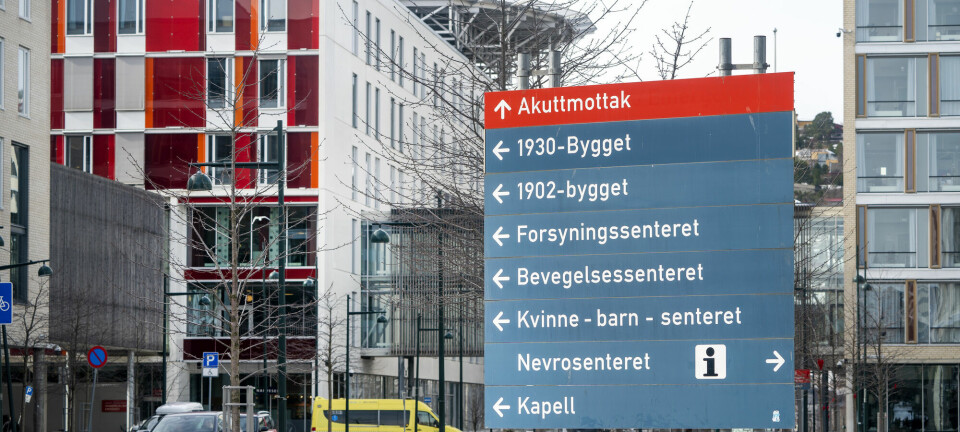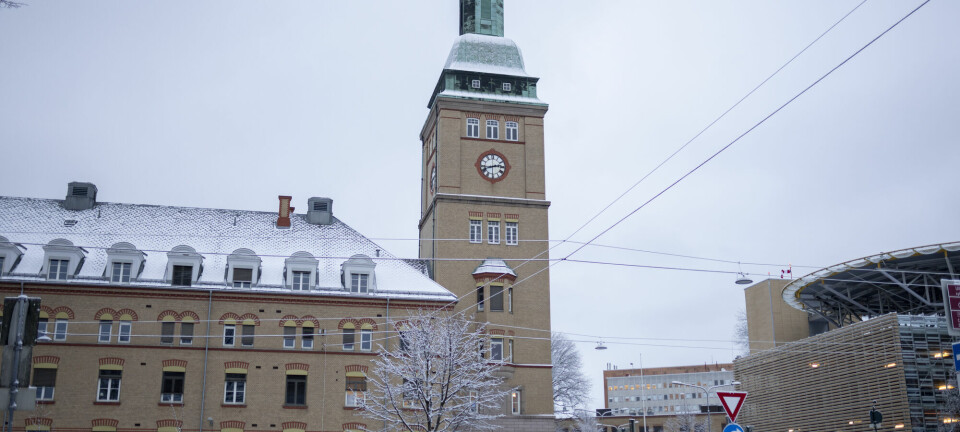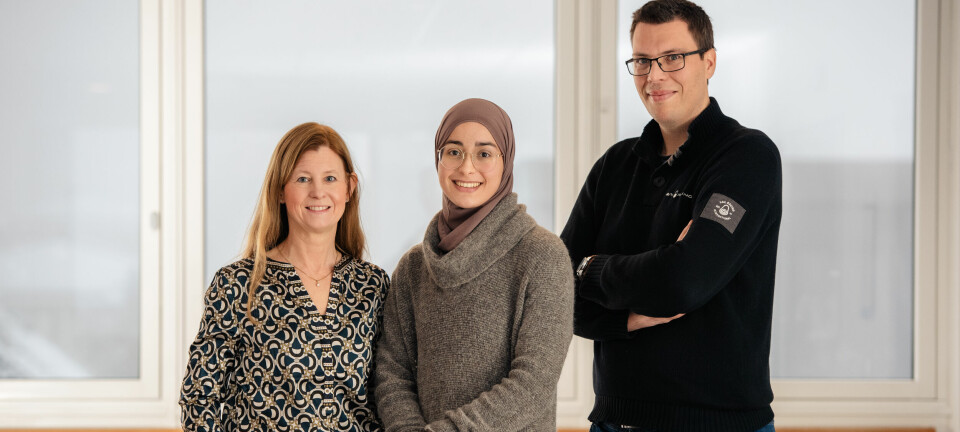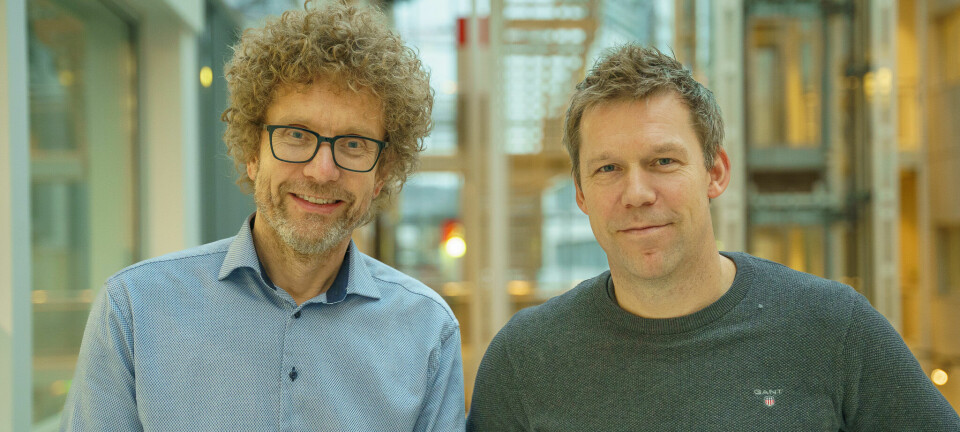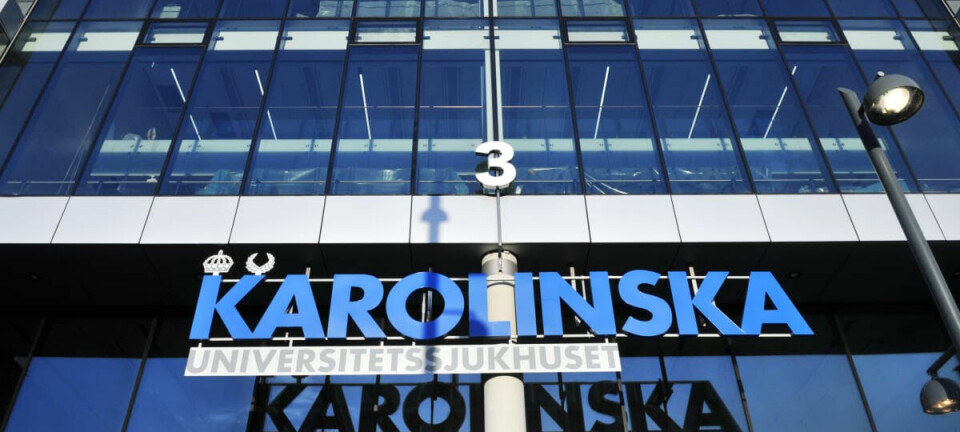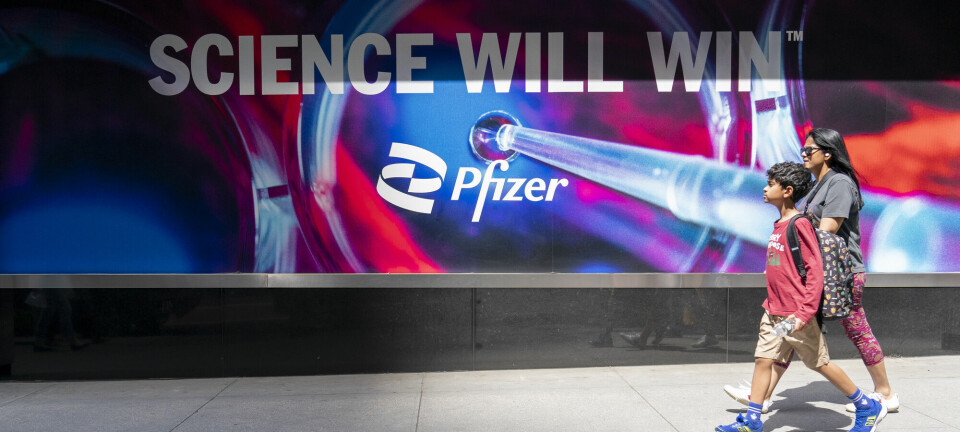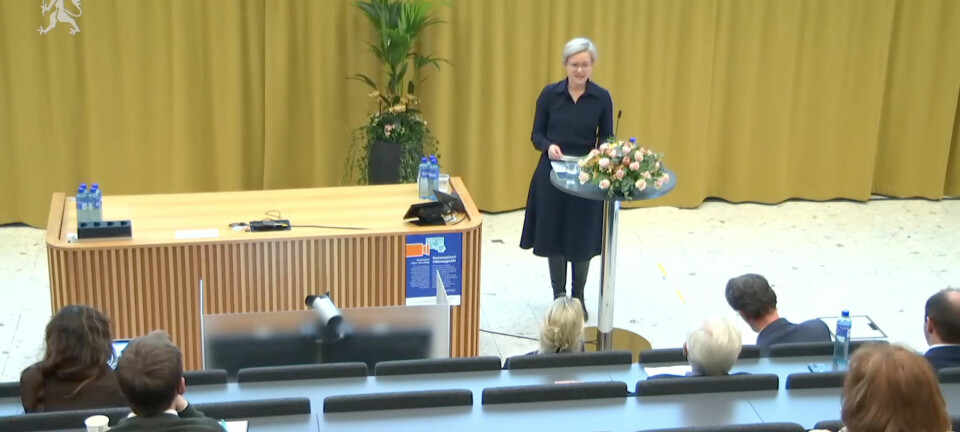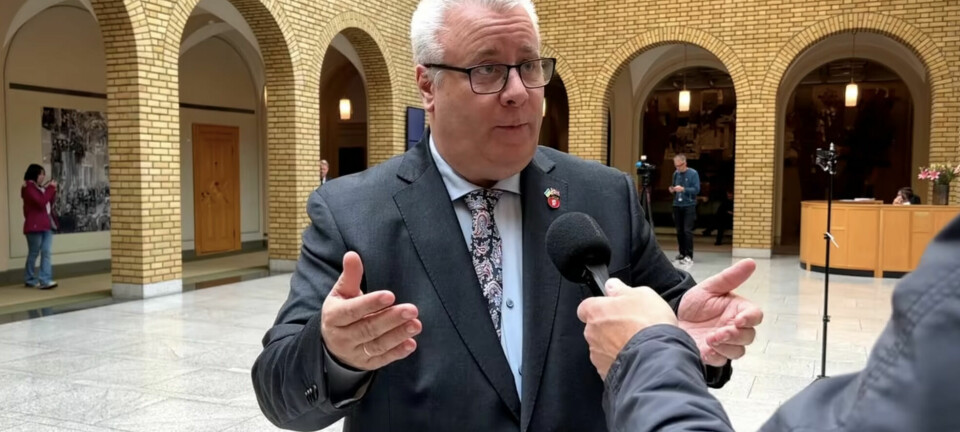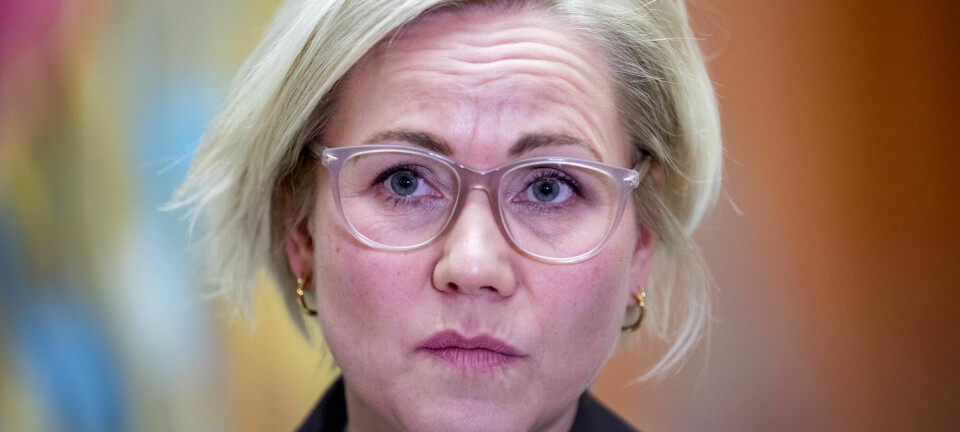Legemidler og biotek
Professor Michel Sadelain: How CAR T-Cell Therapy is Revolutionizing Oncology
- Cart-T therapy are not conventional drugs, not chemicals, not proteins and not antibodies. These are T-cells that have been genetically engineered. This is a completely new kind of medicine and represents a radical departure from all forms of medicine in existence until now, professor Michel Sadelain told HealthTalk at Cancer Crosslinks 2020.
Michel Sadelain’s lab, The Memorial Sloan Kettering Cancer Center, is a world leading scientist and laid the foundation for CAR-T therapy and continues to improve the novel treatment against also having an effect on solid cancer and improving our current understanding of CAR-T mediated toxicities.
He talks about
- How his interest in pursuing research in CAR-T therapy originated in the late 1980s
- The groundbreaking animal studies in the early 2000’s
- The spectacular results in a phase I trial that led to the approval of CAR-T therapy by the FDA in 2017.
- The three revolutionary aspects of this completely new kind of medicine
- How CAR-T therapy compares to checkpoint inhibitors
- How his groundbreaking research and findings compare to the work of the nobel laureates Jim Allison and Tasuko Honjo
The story continues below
Groundbreaking studies
HT: In 2017, FDA approved the first CAR-T therapy, notably Yescarta and Kymriah. How did your interest in CAR-T therapy originate?
- It goes way back. In the late ‘80s, I was still studying for a Phd in immunology after having obtained a medical degree. I thought that we should begin to engineer T-cells to instruct immune responses. So my work dates back then. In the early ‘90s we showed that we could introduce the gene into a T-cell. And then throughout the next 15 years, our work and that of a few other groups led to the design of a not natural receptors but synthetic receptors that could target T-cells to any molecule of your choosing. Those were the molecules we named Chimeric Antigen Receptors (CAR), and the target we identified some 15 years ago is a molecule called CD 19 which is found in most leukemias and lymphomas and our animal studies suggested that it could be a very good target.
- Fast forward a few more years, and the first clinical trials started at my center - Memorial Sloan Kettering Cancer Center in New York and then at the National Cancer Institute and the University of Pennsylvania - and the shock came then with very spectacular results in a phase I trial as is not the norm. And this has led to the approval of these molecules as you said in 2017.
Building a lab
HT: What were your thoughts when you understood that - hey we have something going here, this is really working?
- The first result really came out of animal studies, and you might be choked to know that those date back to the early ‘2000s. We eventually published them in 2003. You might say what took so long? These are not conventional drugs, these are not chemicals, these are not proteins, these are not antibodies, These are engineered T-cells. And no one has conducted trials with engineered T-cells before. So this is not a discovery in mice that could be taken over by the pharmaceutical industry. We had to develop it ourselves. That means build a facility in which you can handle patient cells, training a team, establishing procedures that had never been established before, and then conducting our own trials. So that leads to the approval of these very unique and very unconventional drugs.
The Revolution
HT: Now we know that CAR-T actually has revolutionized cancer treatment. What kind of cancer types are most relevant for this novel approach?
Let me first address the “revolution”, that you alluded to. The approval of these new forms of medicine are first and foremost good news for patients with refractory relapsed leukemia and lymphomas. For us though it also represents the first in a new class of drugs, again not an antibody, not a chemical, but a T-cell, a T-cell that has been genetically engineered. This is a completely new kind of medicine. The other aspect of this revolution is that different kinds of cell therapies have been around, mostly in academic centers for many years. None of them, none, had previously convinced the pharmaceutical industry to pursue cells as drugs. But this did it. So this is the third aspect if you like of this revolution, that today it is not just academics, but for the very first time some big pharmaceutical companies that are beginning to develop T-cells and in particular CAR-T cells as drugs. So there are many effects of this. The potential in principle is large. In principle you can target any cancer. This can not be accomplished overnight, one has to identify suitable targets and there are further improvements that have to be brought to these T-cells because some cancers will be even harder to treat than leukemias and lymphoma. What is wonderful is to see all the enthusiasm and what I would call fresh blood coming to this field, meaning all the investigators, including in Oslo by the way, and world wide and very much in China who have now embarked on studying this approach. We can’t promise anything but what is certain is that there is a lot of enthusiasm to develop this for other cancers.
CAR-T therapy vs. checkpoint inhibitors
HT: How does this CAR-T therapy compare to checkpoint inhibitors?
- Checkpoint inhibitors are sort of the big brother, if you like, of immunotherapy. What the checkpoint inhibitors do is that in patients who are fortunate enough to have produced their own T-cells that can recognize the cancer, the use of checkpoint blockade allows for those T-cells that have been blocked by the tumor to proceed and do their job. It is a fantastic therapy. It releases T-cells that have been formed in the patient's body. But not all patients have T-cells. And if there is no T-cells that recognize the cancer, checkpoint blockade will not work. And we now, as wonderful as it is, it does not work for every cancer and for every patient. So we think that the role that CAR-T cell therapy can play is especially important for those patients who do not respond to checkpoint blockade.
HT: You seem like a modest person. Can your findings and your research be compared to the work of the nobel laureates Jim Allison and Tatsuko Honjo.
- It is for others to decide depending on what parameter they use. The impact of CAR-T cell therapy at this time is not as large as checkpoint blockade, which has been applied to many cancers. But CAR-T cells are also more recent and newer and certainly conceptually they are completely different. There are many forms of immunotherapy and the first is checkpoint blockade and the second that we see emerging today is engineered T-cells.
